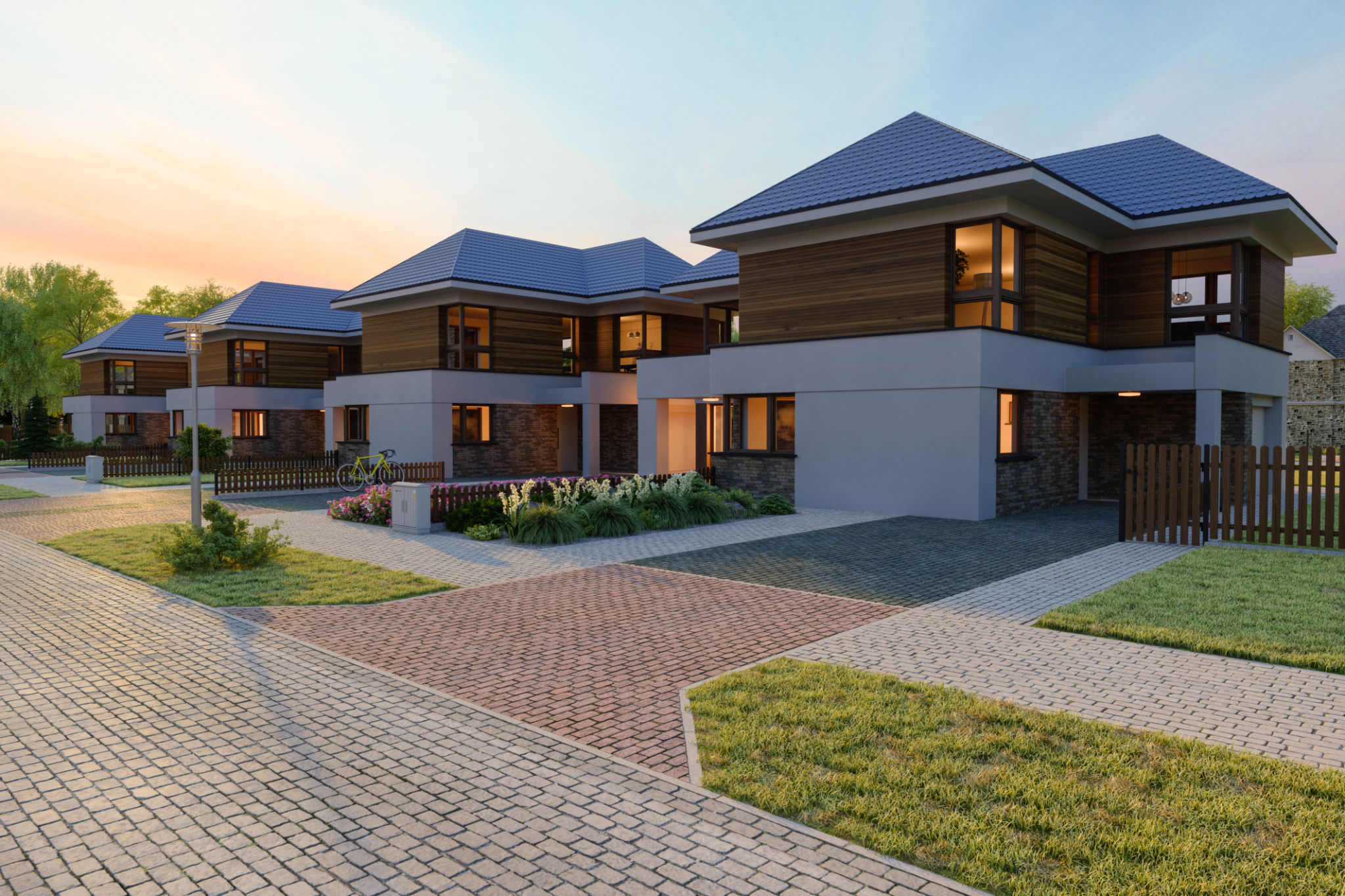Understanding Local Regulations for Fence Building in Anderson, SC
Understanding Local Regulations for Fence Building in Anderson, SC
Building a fence in Anderson, SC, requires careful consideration of local regulations and guidelines. These rules are in place to ensure safety, aesthetics, and neighborhood harmony. Before you start your project, it's essential to understand these regulations to avoid potential fines or the need to make costly adjustments.

Permits and Approvals
In Anderson, SC, you may need to obtain a permit before constructing a fence, depending on its height and location. Generally, fences under six feet in height may not require a permit, but it's always wise to check with the local zoning office. Some neighborhoods or homeowners associations might have additional requirements or approval processes.
Contacting the Anderson County Building and Codes Department is a crucial step. They can provide detailed information about any specific requirements or restrictions that might apply to your property. Ignoring this step could lead to complications down the road.
Understanding Zoning Laws
Zoning laws play a significant role in determining what type of fence you can build. These laws govern various aspects, such as the fence's height, material, and location on your property. In residential areas, for example, there might be restrictions on building fences in front yards or near roadways.

It's essential to familiarize yourself with these zoning laws to ensure your fence complies with local standards. This might involve reviewing documents provided by the city or consulting with a zoning expert. Understanding these laws can prevent future disputes with neighbors or local authorities.
Property Lines and Neighbor Relations
One of the most common issues with fence building is the encroachment on neighboring properties. Before construction, determine your exact property lines by consulting a surveyor if necessary. This ensures that your fence is built within your property boundaries, avoiding potential legal disputes.
Communicating with your neighbors about your plans can also be beneficial. They may have concerns or suggestions that could influence your project. Maintaining a positive relationship with neighbors can lead to smoother construction and happier living conditions.

Choosing the Right Materials
While regulations may dictate certain aspects of your fence, you still have a variety of materials to choose from. Common materials include wood, vinyl, aluminum, and chain-link. Each has its own set of benefits and drawbacks, and your choice may be influenced by local climate, maintenance requirements, and personal preference.
For example, wood provides a classic look but requires regular maintenance, while vinyl offers durability with less upkeep. Consider what fits best with your home's aesthetic and your long-term maintenance preferences.
Special Considerations
If your property is located near a historic district or an environmentally sensitive area, there may be additional regulations to consider. These areas often have stricter guidelines to preserve the character of the community or protect local ecosystems.

Consulting with local authorities and possibly hiring a professional contractor who understands these unique requirements can save time and ensure compliance. It's better to address these considerations early in the planning process to avoid complications later.
Final Steps
Once you've navigated the regulations and planned your project, the final steps involve selecting a reputable contractor if you're not building the fence yourself. Ensure they are knowledgeable about local laws and have experience with similar projects in Anderson, SC.
By following these guidelines and understanding local regulations, you can enjoy a smooth building process and a beautiful, compliant fence that enhances your property's value and appeal.